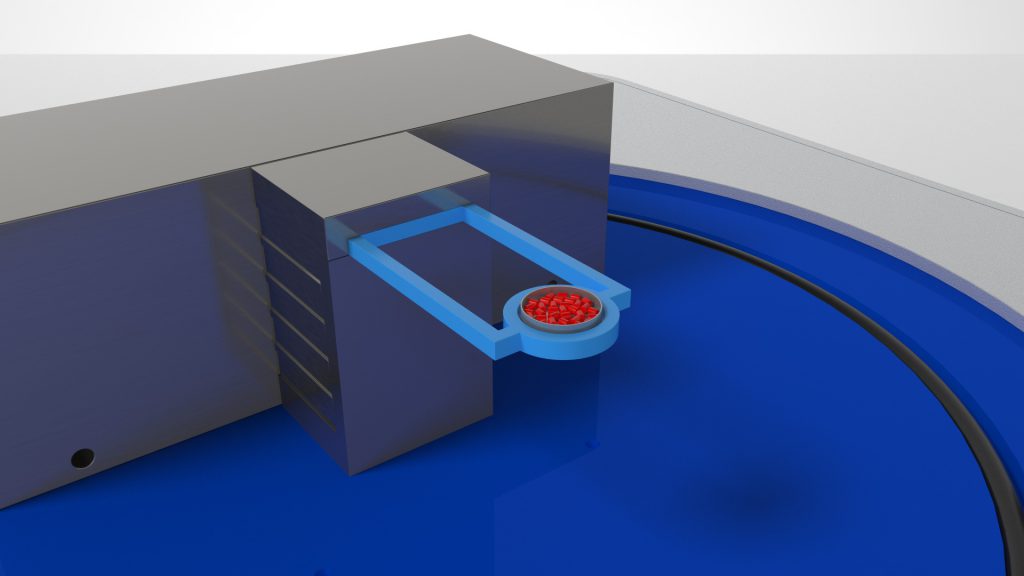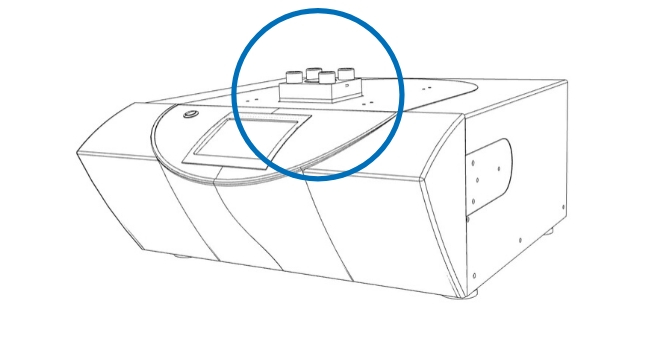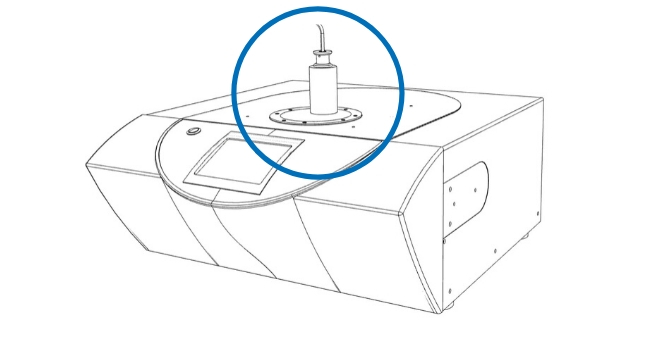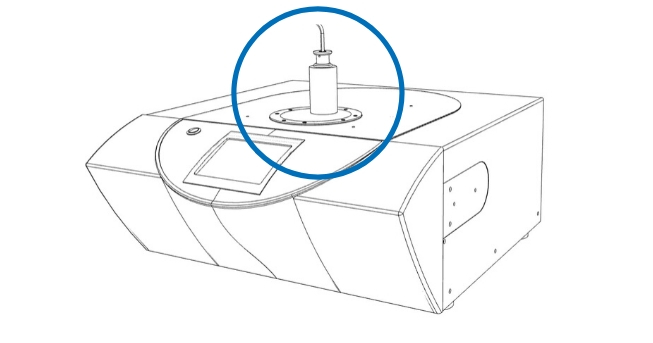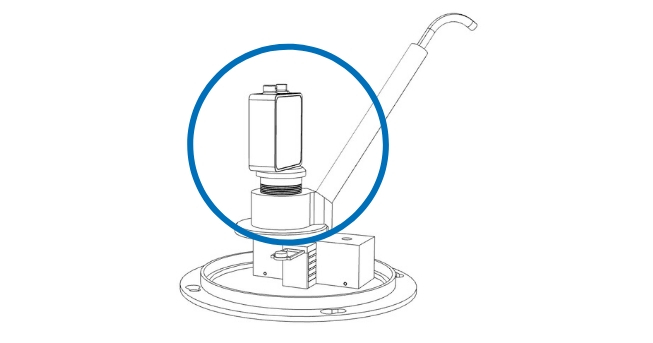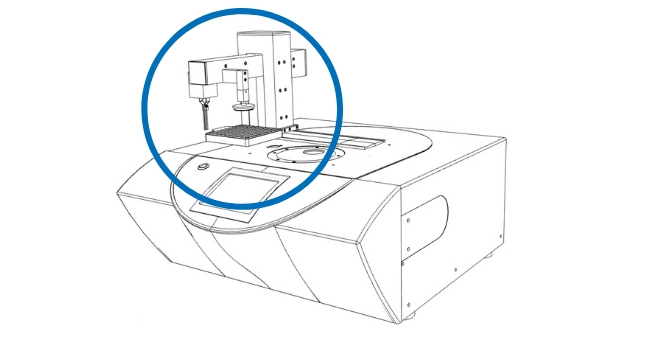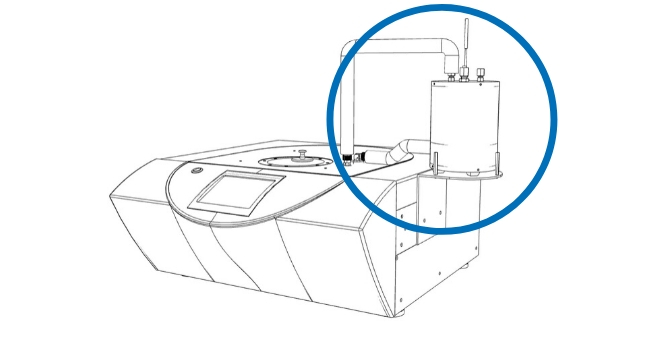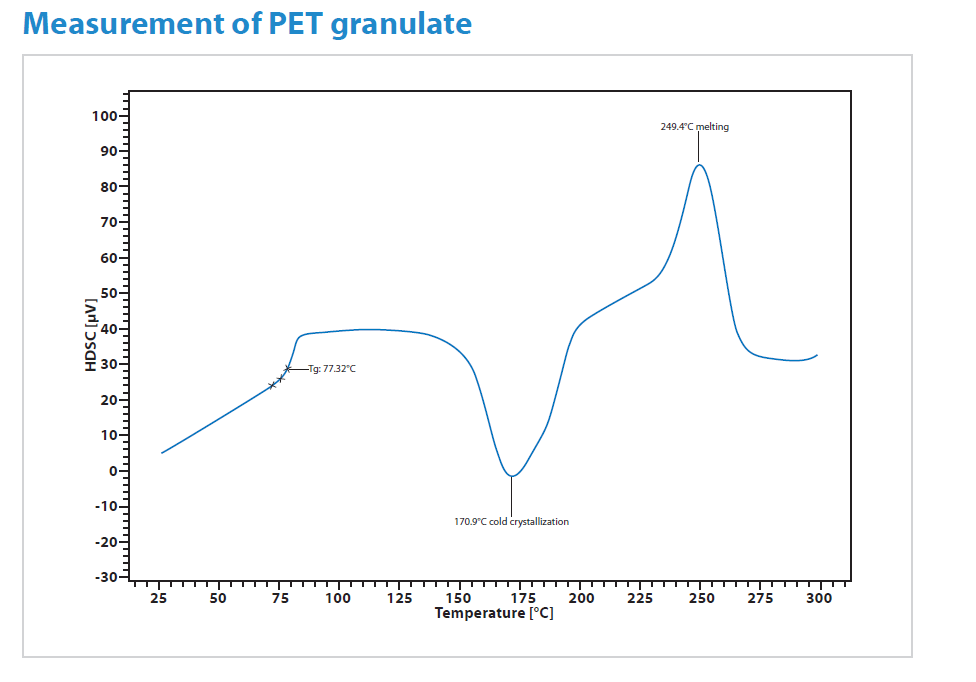Chip-DSC 100
The Chip-DSC 100 combines the advantages of chip technology with the requirements of our previous DSC models. Various options such as a sample robot, UV attachment and Raman spectroscopy transform the Chip-DSC 100 into a highly versatile measuring instrument.
The arrangement of the Chip-Sensor allows superior reproducibility and due to the low mass outstanding temperature control and heating rates of up to 1000 K/min. The integrated sensor is easily user exchangeable and available for a low cost.
The integrated design of the chip-sensor delivers superior raw data, which enables a direct analysis without pre- or post-processing of heat flow data.
Applications on the Chip-DSC 100 can be expanded with various accessories. You can use different cooling systems in combination with a sample robot. The sample robot is available with 96 positions.


